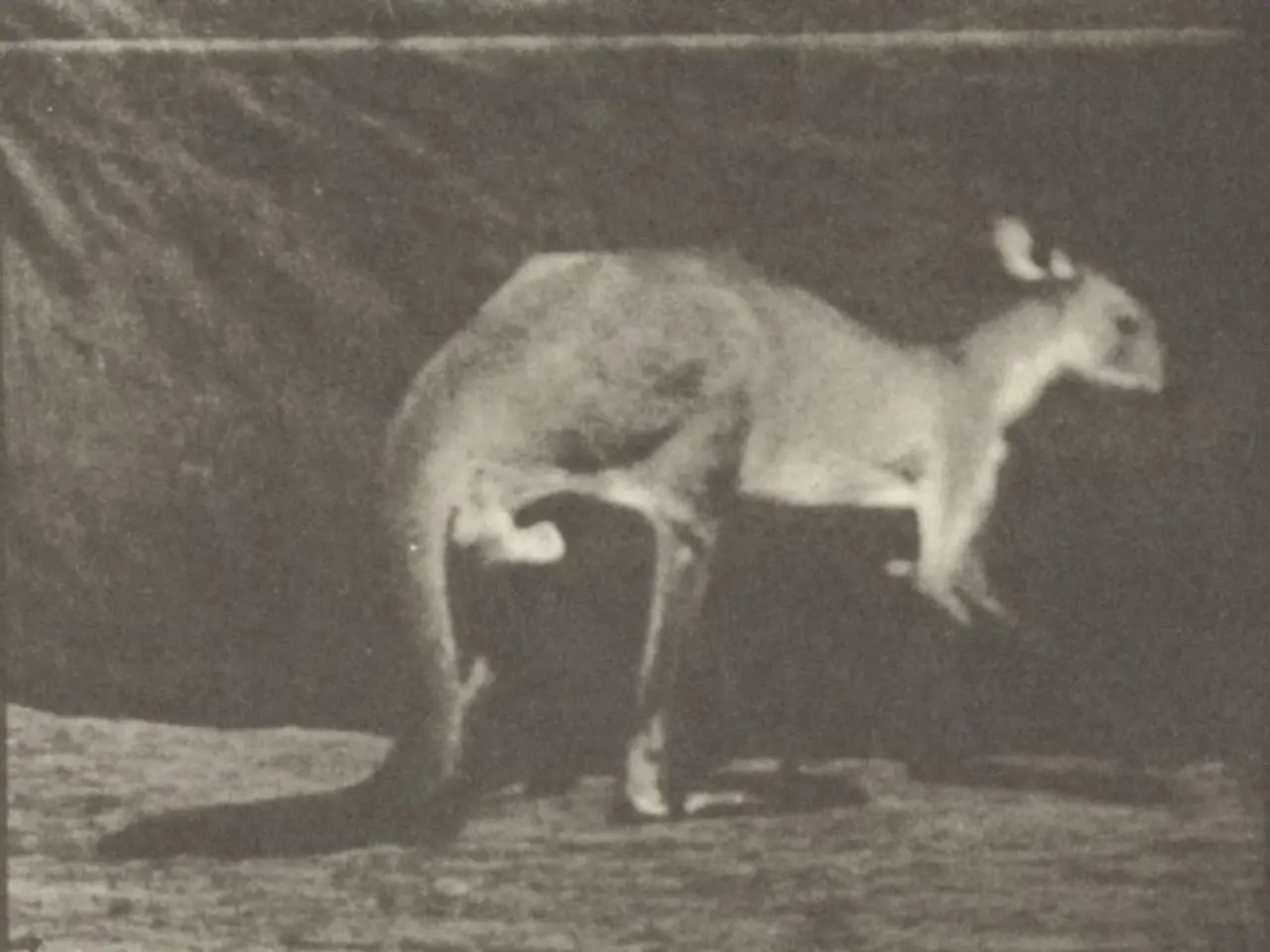Victoria's Aboriginal Treaty Set to Instigate Significant Transformations: Insights into the state's forthcoming reconfiguration for the better
Victoria Government Announces Treaty Agreement with Aboriginal Groups
The Victorian government has made a significant step towards addressing the harm of colonisation by reaching a treaty agreement with Aboriginal groups. The treaty, one of the most important steps the state has taken in this regard, is expected to cost $36.8 million between 2026 and 2029 for capital costs, with total spending reaching $660 million by 2030.
The treaty includes a formal apology and outlines future agreements to be negotiated by the Gellung Warl authority, the state's 38 traditional owner groups, and the Victorian government. Gellung Warl, a new Indigenous body, will be established to oversee the development and implementation of the treaty.
The preamble to the agreement states that the colony of Victoria was established without the consent, negotiation, or recognition of the Traditional Owners of the lands and waters. Gellung Warl will have the power to scrutinize government programs and make representations to various government entities, ensuring the treaty's principles are upheld.
The 'Tip of the Spear', an independent accountability mechanism as required by the National Agreement to Close the Gap, will be led by democratically elected Members providing representation of First Peoples. This body will play a crucial role in ensuring the treaty's goals are met and that the voices of Aboriginal Victorians are heard.
The treaty agreement also includes a commitment to teach school children about the enduring harm of colonisation. Traditional Indigenous names are expected to be used more often for geographical locations, and parks, waterways, and waterfalls with names offensive to Aboriginal people could be rebadged.
The legislation to enact the treaty is expected to sail through the state's lower house but face intense scrutiny in the upper house. The state Coalition has vowed to vote against the treaty, but the Animal Justice Party, Victorian Greens, and Legalise Cannabis Party have indicated they would support the bill through the upper house. At least six crossbenchers are needed for the treaty legislation to pass in the upper house.
Gellung Warl will also establish and operate a 'First Peoples' Infrastructure Fund' from July next year, aiming to lead an infrastructure fund for First Peoples' Community Controlled Organisations. Key Traditional Owner groups involved in the agreement include the Bunurong Land Council and the Boon Wurrung Foundation.
The treaty agreement marks a significant milestone in Victoria's journey towards reconciliation. While the path ahead may be challenging, the commitment to truth-telling, accountability, and self-determination outlined in the treaty provides a strong foundation for a more just and equitable future for all Victorians.
Read also:
- ICE directed to enhance detention conditions following NYC immigrants' allegations of maltreatment
- Israeli finance minister issues warnings about potential annexation of West Bank territories
- United States faces rebuttal from South Africa over allegedly deceitful human rights report and assertions of land expropriation
- Accident at Rodalben Results in Injuries; Geoskop Area near Kusel Affected After Stormy Weather








